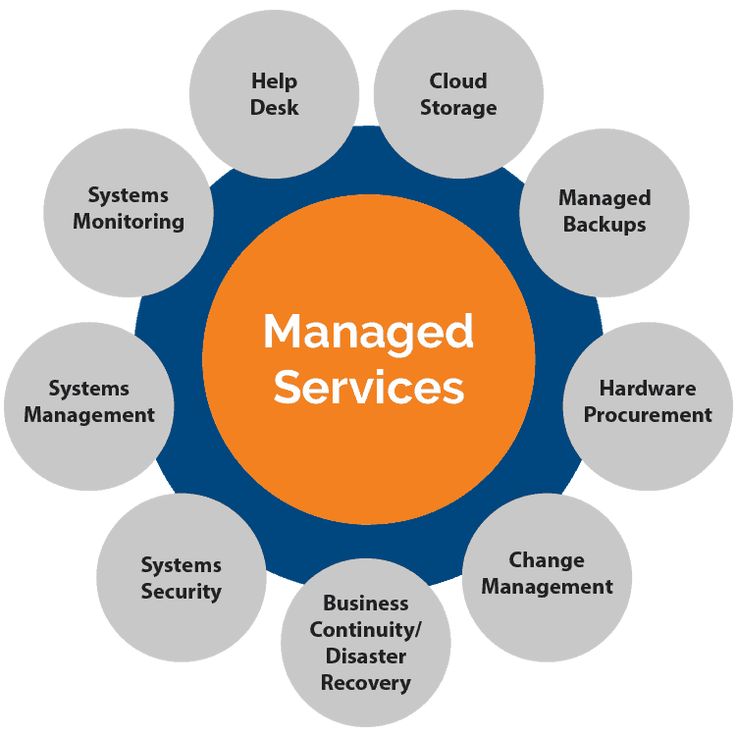
Technical consultants are highly skilled individuals with excellent technical knowledge. Technical Consultants are also known for their soft skills and can deal with multiple issues. This expertise can be seen in the areas of Customer Service, Business Process, and Procedures. One of the soft skills a Technical Consultant can have is the ability to develop procedures for operating systems backups and restoration, manage the physical movement, and troubleshoot issues. Other typical job functions include sales force optimization, application development and training, project management support, and customer targeting process consulting.
Skills needed to be a technical consultant
It is essential to have a college degree for most IT jobs. But this isn't the only requirement. Companies seek candidates who are able to structure problems logically and provide a rational solution. The ability to make estimates without any data will also be a strong asset. A college degree is necessary for most technical consulting positions. However, some employers may be open to hiring someone without a degree in programming.

Other skills necessary to succeed in this field include strong communication and management skills. Technical consultants can often be responsible for multiple projects at once and need to know how to manage their time effectively. Their work requires them to attend meetings, complete research, and write reports. Communication skills are crucial when working in a team. They are often the first point for contact between a client or consultant. To communicate effectively with clients and colleagues, this role requires strong interpersonal skills.
A technical consultant's salary range
It is possible for the salary of a technical advisor to vary from one person. The years of experience correlates with increases in salary. A Technical Consultant with ten to fifteen years of experience can expect to earn about 5,210 EUR per month, while someone with twenty to thirty years of experience can expect to earn about 5,660 EUR. The salary of a Technical Consultant can vary depending on where they live, since salaries in more populated areas are generally higher. It is important to understand the salary range for Technical Consultants.
The average salary for a technical consultant is $139,164 or $67 per hour. The average bonus a technical consultant receives is $6,582. According to salary survey data from anonymous U.S. employees, this professional can expect to earn between $96,129 and $173,429 over their career. You should also consider the cost-of-living in each city before you commit to a career of Technical Consultant.
Job outlook for a technical consultant
The job of technical consultants is flexible. Consultants can work on a per-project basis, dedicating their entire time to one project or client. There may be several projects that go unfinished before the next one arrives. This job is very varied, so you need to be flexible and adaptable. Here are some career opportunities for tech consultants. Learn more about the field to find out if this is for you.

Technical consultants, as the name implies, are computer experts with expertise in computer technology. They are usually hired through a staffing firm. This job requires someone who is highly skilled in engineering and computer science. Technical consultants need to have a bachelor’s degree, but many hold master’s or doctoral degrees. According to U.S. Bureau of Labor Statistics (USBoLS), technical consultants are in strong demand. Through 2020, the demand for computer system analysts is expected to rise by 21 percent.
FAQ
Is it possible that a consultant business can be started from home?
Absolutely! Actually, this is what many consultants already do.
Many freelancers work remotely via tools such as Skype, Trello and Basecamp. Many freelancers set up their own office space to avoid missing out on company perks.
Some freelancers prefer to work at libraries and cafes instead of traditional offices.
Others choose to work at home because they love being with their children.
Of course, working from home has its pros and cons. It is worth it if you love your work.
Do I require legal advice?
Yes! Yes. Consultants can often create contracts with clients, without seeking legal advice. This can lead to issues down the road. If the client terminates an agreement with the consultant before the completion date, what are the consequences? What happens if the consultant doesn’t meet the deadlines specified in the contract.
Avoid potential legal problems by consulting a lawyer.
How much do consultants make?
Some consultants earn more than $100k per year, but most consultants earn between $25 and $50k. The average consultant salary is $39,000 This includes both salaried as well hourly consultants.
Salary depends on industry, experience, location, and type of contract (contractor vs employee). Also, whether the consultant is located in their office or remote.
What skills is required to consult?
Strong interpersonal and analytical skills are essential for consultants. This is essential because you will be working on projects that you don't know the details of. You will need to learn how you manage people and solve problems quickly.
You also need to have excellent communication skills. Most clients expect an answer within 24hrs. If they don't hear anything, it is likely that they aren't interested in you. It is vital to inform them and make sure that they are fully informed.
What tax do I have to pay on consulting income?
Yes, you must pay tax on the consultancy profits. The amount depends on how much you earn per year.
You can also claim expenses if you are self-employed. This includes rent, childcare, food, and transportation.
But you won't be able to deduct interest payments on loans, vehicle depreciation, or the cost of equipment.
You can only claim back 25% of your expenses if you earn less than PS10,000 a year.
You might be taxed even if you make more than the threshold depending on whether your income is contractor or employee.
Pay as you Earn (PAYE) is the most common method of taxing employees. Contractors pay VAT.
How does consulting differ from freelancing?
Freelancers are self-employed individuals who offer their services to clients without employees of a company or agency. They generally charge an hourly rate depending on how long they spend on a client project. Consultants usually work for agencies or companies that employ them. They are often paid monthly or annually.
Consultants have less flexibility than freelancers because they can control their work hours, and set their own prices. Consultants have better benefits, like health insurance, vacation time, sick leave, retirement plans and etc.
Statistics
- My 10 years of experience and 6-step program have helped over 20 clients boost their sales by an average of 33% in 6 months. (consultingsuccess.com)
- According to IBISWorld, revenues in the consulting industry will exceed $261 billion in 2020. (nerdwallet.com)
- 67% of consultants start their consulting businesses after quitting their jobs, while 33% start while they're still at their jobs. (consultingsuccess.com)
- On average, your program increases the sales team's performance by 33%. (consultingsuccess.com)
- WHY choose me: Why your ideal client should choose you (ex: 10 years of experience and 6-week program has helped over 20 clients boost their sales by an average of 33% in 6 months). (consultingsuccess.com)
External Links
How To
How to start a consulting company and what should I do first?
It's a great way for you to make money online by starting a consulting company. It doesn't require any prior business experience nor capital. A good place to start your own consulting company is to build a website. You can use social media platforms like Facebook, Twitter, LinkedIn and Instagram to promote your services.
These tools allow you to make a marketing program that includes the following:
-
Blog Content Creation
-
Establishing relationships (contacts).
-
Generating leads, also known as lead generation forms
-
Selling products (eCommerce websites)
After you have developed your marketing strategy, it's time to find clients willing to pay for your services. Some prefer to connect with people through networking events. Others prefer to use online resources like Craigslist and Kijiji. Your choice is yours.
Once you have a new client, you need to discuss terms. These could be hourly fees, retainer arrangements, flat-fee contracts, or other types of fees. It's important to know what you expect before accepting a client so you can communicate clearly throughout the process.
Hourly agreements are the most common contract type for consultancy services. You agree to offer certain services at a fixed fee each month or every week. You may be able negotiate discounts depending on what service you offer. Make sure you understand what you are signing when you accept a contract.
Next, create invoices. Send them to your clients. Invoicing is one thing that looks simple until it's actually done. There are many different ways to invoice your clients, depending on your preferences. For instance, some prefer their invoices to be emailed directly to clients while others prefer hard copies to be mailed. Whatever your preferred method, make sure it works well for you.
After creating invoices are complete, you will need to collect payments. PayPal is the most popular payment option because it's easy to use and provides multiple payment options. Other payment processors such as Square Cash. Google Wallet. Apple Pay. Venmo.
Once you're ready and able to collect payments, you should set up bank accounts. Having separate checking and savings accounts allows you to track income and expenses separately. It is also a good idea to set up automatic transfers into your bank account for paying bills.
It may seem overwhelming to start a consultancy, but once it is done correctly, it becomes second-nature. Our blog post contains more information on how to start a consulting business.
You can make extra money by starting a consulting company without worrying about staff. Remote consultants don't need to be tied down by office politics or work long hours. You have more flexibility than traditional employees because you aren't tied down by work hours.